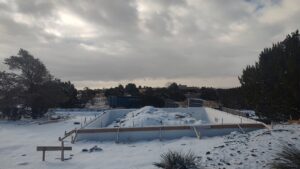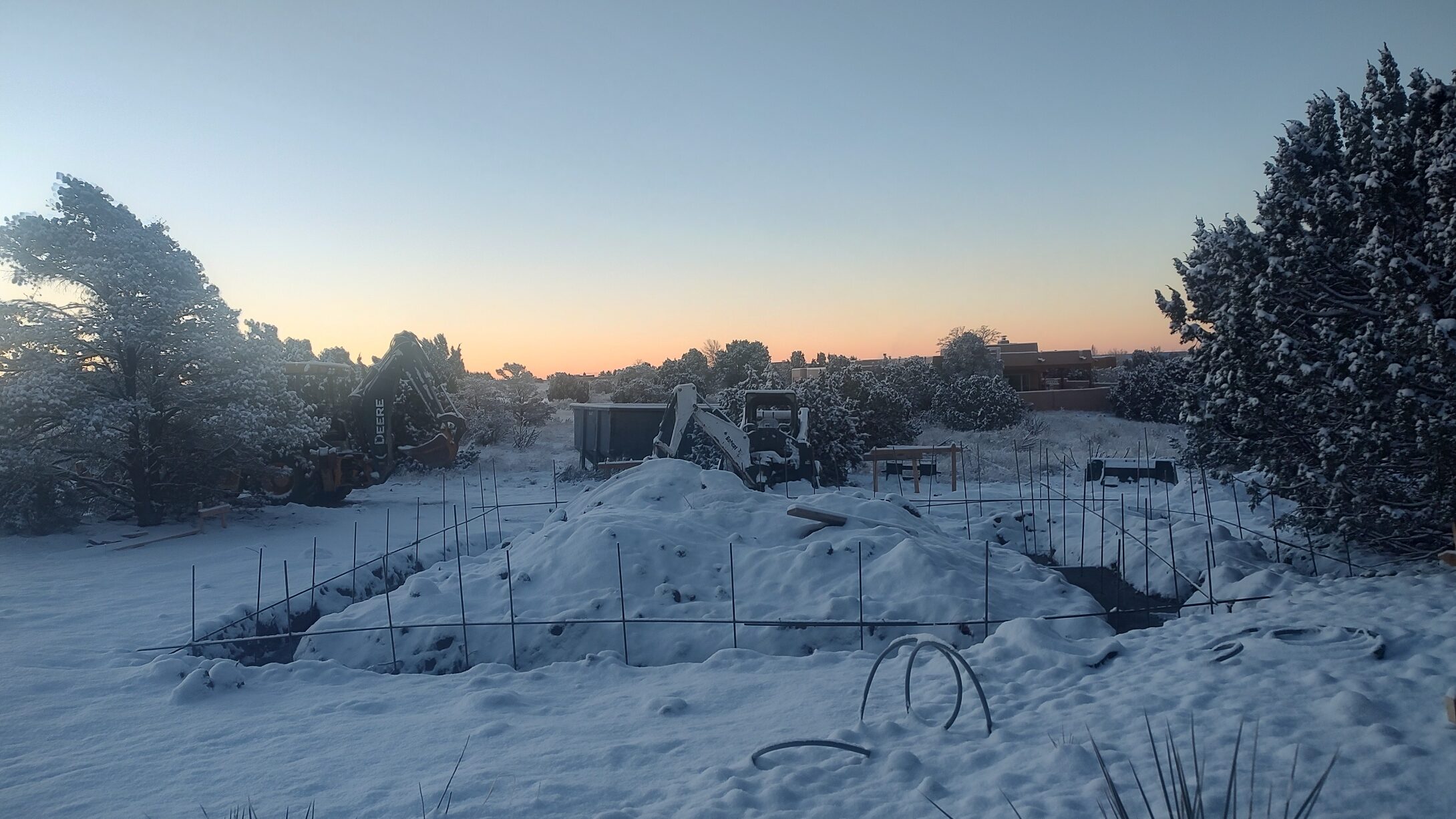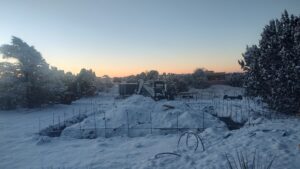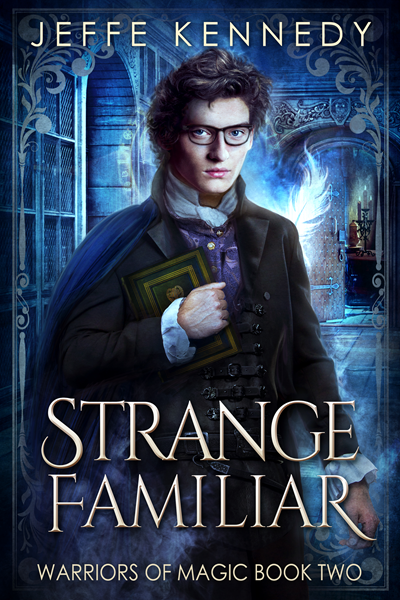My weekend with Darynda and a report on her and thoughts on the joy of writing and living life the way we want to. Also a special FaRoFeb present! And listening to audiobooks at higher speeds – why is Audible against it?

RITA ® Award-Winning Author of Fantasy Romance

My weekend with Darynda and a report on her and thoughts on the joy of writing and living life the way we want to. Also a special FaRoFeb present! And listening to audiobooks at higher speeds – why is Audible against it?


All about my Marketing & Publicity meeting with Tor/Bramble, my upcoming editorial meeting and how creative angst is just a fact of life and never goes away. Also, two more books/series out on submission and can I finish STRANGE FAMILIAR in time???


Updates on NEVER THE ROSES and the challenges of making bonus content. Also, reflections on housework, the contempt for expertise in the home, and being taught and *learning* the best way to do something.


I’ve been seeing the cyclical debates on “we need ratings for books like we have for movies!” so I’m doing a Brief History of Art and Censorship in the last 100 years, why movie ratings were developed, Communism, McCarthyism, and how housework was deliberately created to keep women at home.


Some fun updates, including NEVER THE ROSES in a list of Most Anticipated Romantasy Books of 2025. Also, wrestling the fears many of have about today and what comes after, fractals, controlling what we can, and how we each can savor our one wild and precious life.


I’m doing a deep dive into my thoughts and feelings on the allegations against Neil Gaiman and on parasocial relationships, the writing community, and associated implications. Also, hey! Good news on audiobooks and Spanish translations.



I’m so excited to share the gorgeous cover of #NeverTheRoses, my debut romantasy under my new pen name, Jennifer K. Lambert, coming from @brambleromance next year!😍 Features beautiful stenciled edges, designed endpapers, case-stamp, and map💜
Unstoppable war. Unspeakable sins. Impossible love.
Stunning cover design by Lesley Worrell, @lesleyworrell!
Coming 7.8.25, and you can pre-order by clicking the link below🌹and check out https://jenniferklambert.com/

On being a creative in a tech-driven culture and how tech has shaped how we deliver our art. Also, embracing our emotions as valid and valuable, needing certain conditions to work, and how all of this affects choosing titles.


I’m talking about what it means to live in interesting times and how we grow the ability to handle disruptions in our lives, great and small. Also the importance of cultivating joy and making kindness louder.

